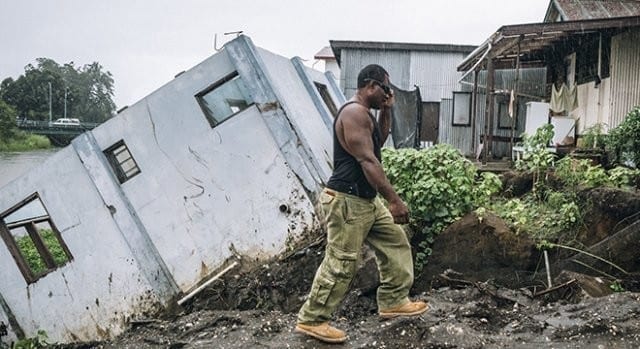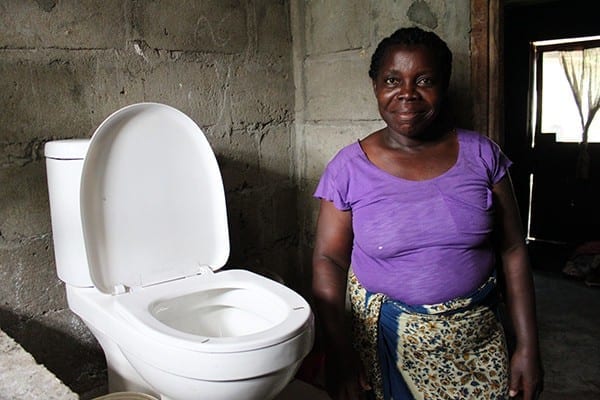News & Media
Oxfam scales up flood response in Fiji
Oxfam has stepped in to assist with relief efforts in Koro, Ra and Tailevu today after flooding hit the already vulnerable regions on Friday.
I hear you: Hollywood actors read powerful stories of refugees
Right now there are over 65 million people have been forced from their homes making it the largest the largest refugee crisis since World War 2.
This number represents countless ordinary people faced with overcoming impossible challenges. Forced to leave their homes, schools and businesses their stories are full of heartbreak, courage and hope.
The need to address the refugee crisis is at an all-time high and it’s these stories that need to be told because everyone deserves to live in safety. And everyone has the right to seek refuge when their safety and dignity is threatened.
So Oxfam has partnered with some of the best storytellers in the world to tell some of the most pressing stories.
Oxfam’s Five Top Tasks for English to be a Great Prime Minister

Almost 100 dead after Indonesia earthquake – Oxfam responding
Oxfam is mounting a response to the 6.5 magnitude earthquake that hit the northern end of the Indonesian island of Sumatra near Banda Aceh yesterday morning.Almost 100 people have been killed and more than 500 injured, according to local military officials. Up to 200 buildings have been destroyed and many of the people killed were asleep at the time of the earthquake.
Oxfam Australia’s Humanitarian Manager Meg Quartermaine said ongoing search and rescue attempts yesterday evening were hampered by nightfall and poor weather conditions.
“Oxfam’s local partners in Aceh have been carrying out emergency assessments; with aftershocks continuing on and reports of serious damage to some buildings and infrastructure, there is not a moment to waste,” Ms Quartermaine said.
“We will be distributing hygiene kits and tarpaulins, and have emergency response experts on stand-by to travel to the worst-affected areas if needed.
“Our priority now is to get an expert assessment of the earthquake’s impact in order to offer aid in the most appropriate and effective way to those people who are affected the most.
“We are coordinating with local authorities so that our actions are complementary to government agencies.”
Oxfam has been working with local and national partners in Indonesia since 1957 and responded to the deadly Boxing Day Tsunami in 2004, which was caused by a massive 9.1 magnitude earthquake off Aceh and devastated the provincial capital Banda Aceh.
Donations to support Oxfam’s emergency responses around the world can be made online at https://www.oxfam.org.nz/donate/appeal/5024
Who’s been Naughty or Nice this Christmas?
Five leading fashion retailers in New Zealand are continuing to hide where their clothes are made by refusing to publish the names and locations of the factories they use around the globe, Oxfam’s latest ‘Naughty or Nice’ list has revealed in the lead-up to Christmas.
[Read more…] about Who’s been Naughty or Nice this Christmas?






